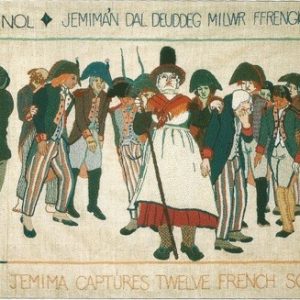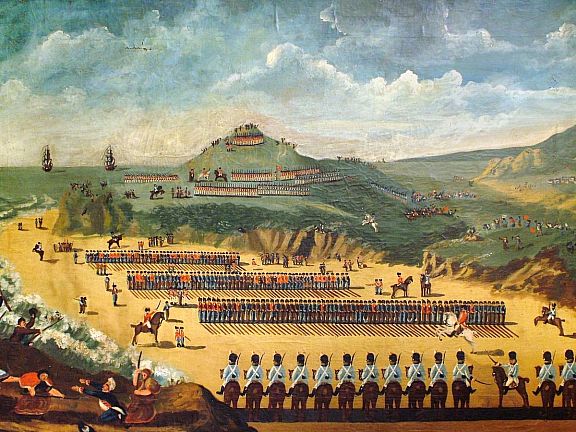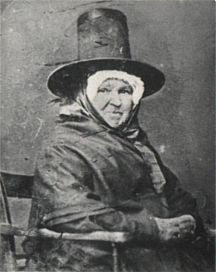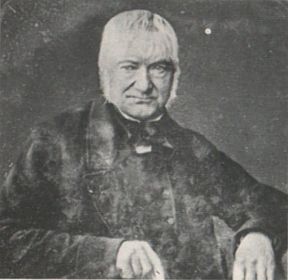Having spent 11 hours waiting for an ambulance, 5 hours sitting in an ambulance, and 4 hours sitting by an A&E trolley while overwhelmed staff find time to decide what to do with the patient, my thoughts on the situation crystallised, although I wouldn’t say anything changed. The nurse who was finally able to talk to me said, with a groan, ‘The NHS is broken. It no longer works,’ and it’s hard to argue with her assessment.
Is this all an unfortunate but coincidental accumulation of problems, or is there motive behind it? The Conservative Party believes in private enterprise. It’s in the DNA of the party. It wants the liberation of individual aspiration leading to perpetual advances in wealth and welfare, with any interference by the evil State seen as a unnecessary drag hampering success. Give individuals their heads, driven by their own ambition and acquisitiveness and Paradise is in sight.
This is why the Conservatives privatised industries and services and hamstrung local authorities in the provision of care, housing, education etc. It’s only natural that they would want to privatise the provision of health care too, and have something more like the American model, obliging people to sort out whatever insurance they can afford, leaving insurance companies and health providers to make a hefty profit, with a minimal rump service for people who can’t afford anything. The idea of a service for all, funded by the State, is anathema to Conservative principles.
Unfortunately for them, it turns out that the NHS is beloved by everyone in the country, even those who complain about it. So much loved that it would be considered high treason and heresy to so much as hint of getting rid of it. So what are the political options for the Tories?
A) Go with it and pretend to love it just as much as everyone else (the official Conservative policy since 1948).
B) Say ‘You voted for us so don’t complain when we get rid of it.’ Probably a fatal move, resulting in the erection of guillotines in Trafalgar Square.
C) Continue to proclaim your undying love for the service whilst very quietly letting it deteriorate and collapse into crisis after crisis, until people are driven by desperation to turn to private health care and the NHS will be left, underfunded, to deal with those who can afford no better.
If Option C hasn’t been covertly applied for the last 20 years and longer, I am a banana.
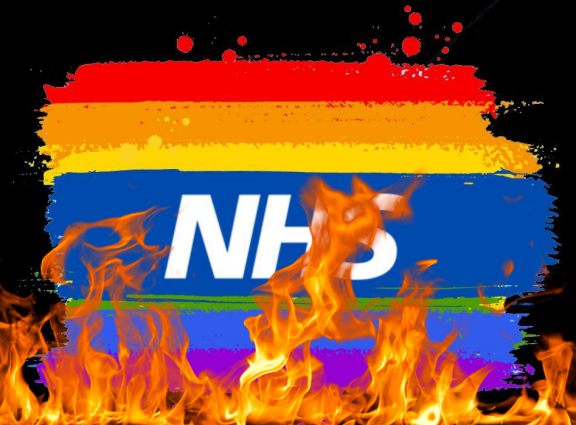
It could still cause difficulties for the party, but the Conservatives have been handed a couple of Jokers that they play ruthlessly: Covid and the war in Ukraine. Everything can be blamed on those two disasters. Of course the other disaster of Brexit is never mentioned, since it was a Conservative bright idea, but Covid 19 can be blamed on China, and the war on Russia, giving the government an excuse for anything. The NHS is in crisis because of Covid. Never mind that it was in crisis before, with ambulances held up outside hospitals and waiting lists growing ever longer. We can now say it’s all down to the exceptional circumstances of Covid 19. Nurses and other medical staff were dropping like flies, dying (unless they’d already left because of Brexit) and we were encouraged to show how much we loved them by clapping (and being seen to clap) once a week, before telling them they are so worthless they are only worth a pay rise of 1/3 the rate of inflation and that if they dare to ask for more, the misery of inflation, helped along by Russia, will be down to them as enemies of the people.
I don’t care much for conspiracy theories in general, mostly because of my belief that the majority of people in power everywhere are so incompetent and short-sighted that they couldn’t organise a piss-up in a brewery, let alone a serious conspiracy. But I am beginning to wonder if both Covid 19 and the invasion of Ukraine weren’t masterminded, secretly, by the Tories. First a diversion from the cock-up of oven-ready Brexit, then a cover for the gradual destruction of the one thing that still has any chance of uniting the British. If I turned it into a sinister thriller in my next book, would it be too far-fetched?


